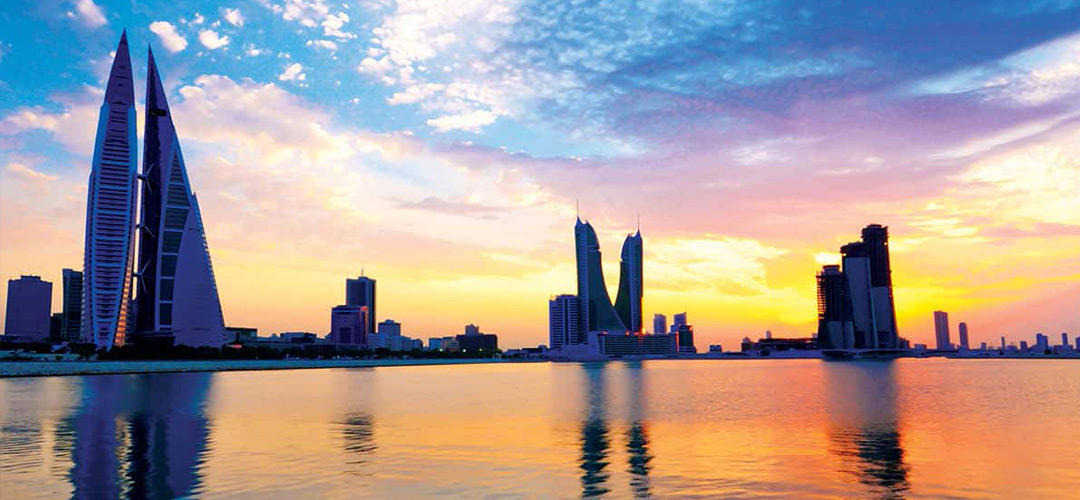The economic Recession in the West has caused a great deal of speculation, especially in the US and Europe. Does it look like it will darken the shores of the Middle East as well as those countries in that part of the world?
Despite the fact that the situation is fluid, the Middle Eastern economy, as well as the UAE, may well be shielded from this mounting inflation pressure with some factors.
Is The Middle East Going To Slow Down Because Of The Recession?
IMF describes a recession as a period of declining economic activity. After accounting for inflation, a recession occurs when the nation’s GDP declines for two consecutive quarters.
According to the United Nations, Saudi Arabia’s economy is expected to grow at the fastest rate in the world this year, in contrast to many other countries. As for inflation, it is forecast that it will remain at 2.8 percent in 2022, with the country’s gross domestic product growing by 7.6 percent. There is a skyrocketing price for commodities, especially imported ones, in this Middle Eastern economic environment.
Due to the conflict between Russian and Ukrainian banks, local banks in the UAE have limited exposure to their banks. It is impossible to avoid being completely protected from higher interest rates, but Nishchay Mehra, Managing Director, Houzon, believes that the private sector will continue to receive strong credit due to increased liquidity in the banking system and higher consumer demand.
In 2021, the Emirates saw GDP increase by 3.8 percent, and it is expected to reach 5.4 percent in 2022, so UAE will be positioned well to weather the upcoming economic recession in UAE. As the UAE continues to lead in attracting new businesses into the country, it boosts expertise while also supporting economic growth through a growing sector that provides business setup services and free zones.
Middle Eastern economies are most dependent on Saudi Arabia, but over the next 12 months, the UAE is predicted to grow faster than all other countries.
What Is The Future Of The UAE Property Market?
Real estate investment surged to $4 billion in Dubai in the first quarter of 2022, with Abu Dhabi following closely with $3 billion in sales. It is encouraging to see this widespread increase in foreign investment across the UAE, which should enable the UAE to diversify its Middle eastern economy and reduce its dependence on oil, however useful it may currently be.
As well, UAE government initiatives have made the country a great place for investing and living because they have supported the property market. With visa applications made easier, foreign investment has soared to new heights, lowering one of the primary barriers to entry. Real estate in Dubai is more popular than ever before, with a threefold increase in registrations.
The Takeaway:
Oil will, however, continue to drive the region’s economy and allow Middle East countries in economic recession to flourish by investing profits in other industries, like tourism and real estate, and shifting funds from its sale to them.
As tourism income grows, more property investment follows, which can in turn lead to more businesses starting up, bringing in skilled workers and additional foreign capital. The UAE, as well as the rest of the Middle East, could use that money to attract the best and brightest to develop the technologies that will change the world in the future, such as blockchain technology and cryptocurrencies, and avoid economic recession in the Middle East.
In the coming storm, we won’t be far from shore, even though it won’t be a smooth ride.


